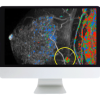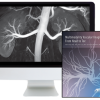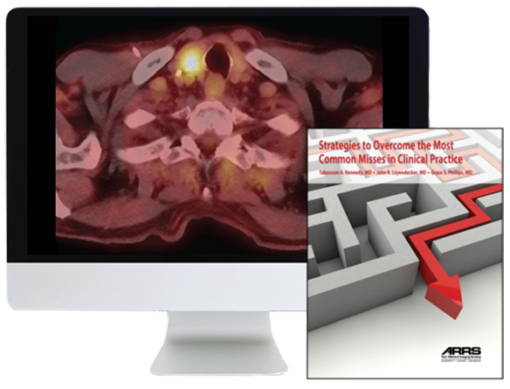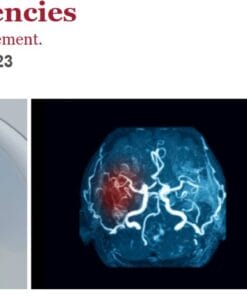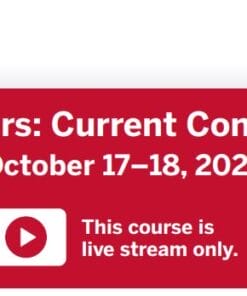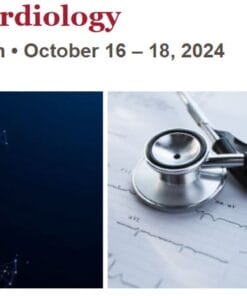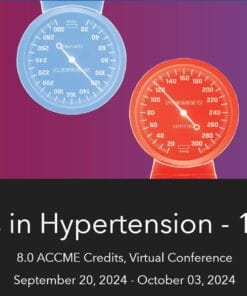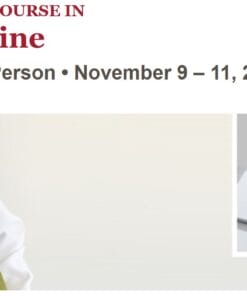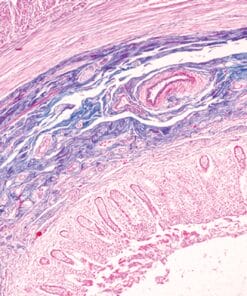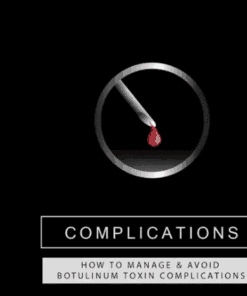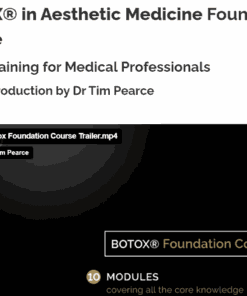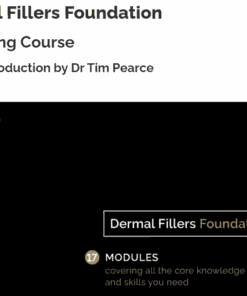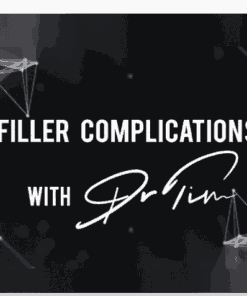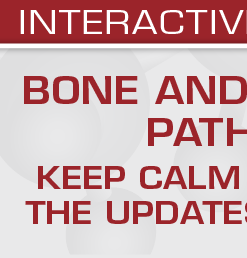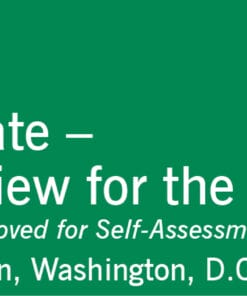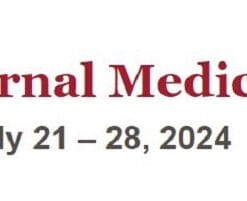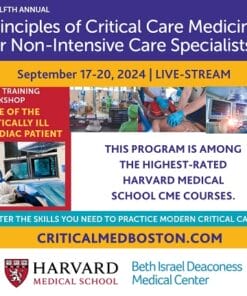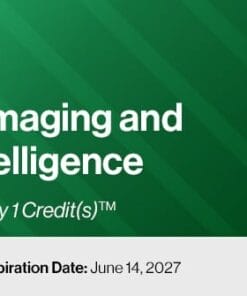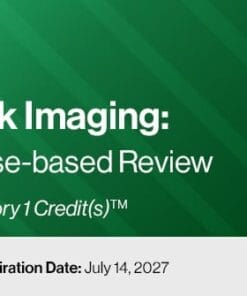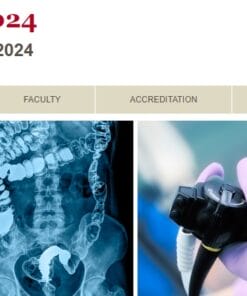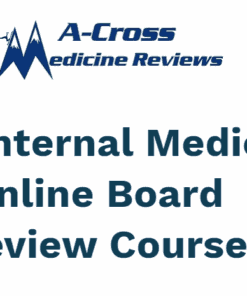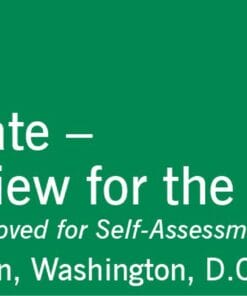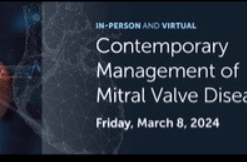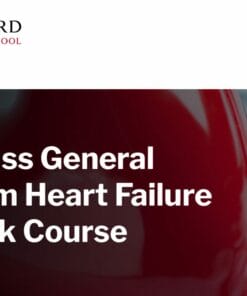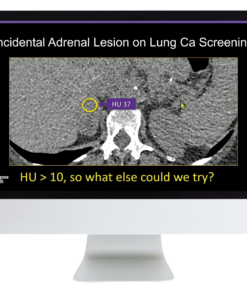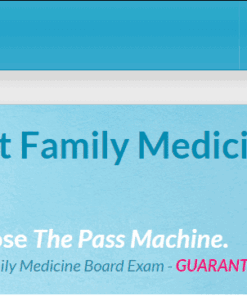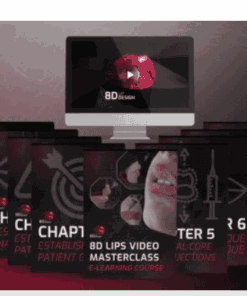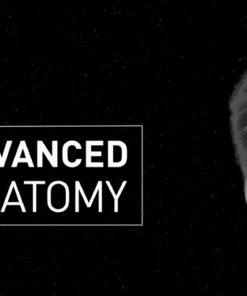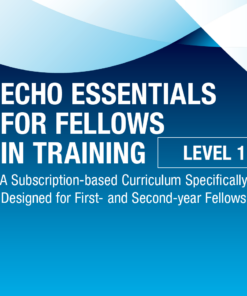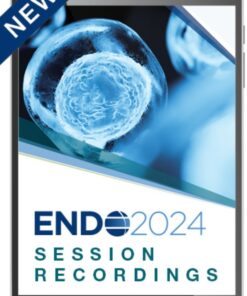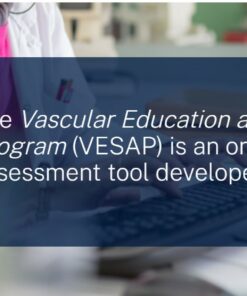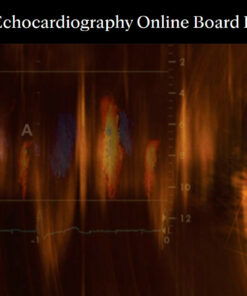Increasing expectations of clinical productivity also increase the potential for interpretive errors. Enhancing physicians’ abilities to assess and distinguish between common misses is essential for improving performance. This Online Course will discuss how to implement practice-based strategies for turning errors into opportunities in both acute and routine imaging settings. Spanning the spectrum from pediatrics to geriatrics, this Online Course not only reviews clinical cases, it also incorporates applied skills for overcoming misses utilizing advanced technology—all while leveraging the expertise of renowned radiology faculty from around the country.
Learning Outcomes and Modules
After completing this course, the learner should be able to:
– Formulate a process for peer learning
– Discuss the potential and limitations of artificial intelligence for enhancing radiologist performance
– Identify how the appropriate use of standardized reporting systems such as LI-RADS® and TI-RADS™ can improve performance and reduce errors
– Recognize common misses and misdiagnoses in each discipline in radiology
– Describe strategies that assist in improving diagnosis in adult and pediatric radiology
Topics/Speakers :
Module 1—Noninterpretive
* Why We Miss Things: The Science of Perception—Jesse Courtier, MD
* Transitioning from Peer Review to Peer Learning: A How-to Guide—Danny Kim, MD
Module 2—Neuroradiology
* DWI: How to Be Right When It’s Bright—Anthony Kuner, MD
* Posttreatment Brain Tumor Imaging: Adding Value and Improving Performance—Brent Weinberg, MD
* Understanding Errors in Head and Neck Radiology: Practical Observations and Potential for Improvement—Philip Chapman, MD
* Avoiding Pitfalls at the Skull Base—Luke Ledbetter, MD
Module 3—Musculoskeletal Imaging
* Diseases of the Spinal Cord: How to Avoid Misdiagnosis—Jennifer McCarty, MD
* Spine Procedures: Avoiding Misadventures—Jonathan Baker, MD
* Avoiding Pitfalls in Pediatric Spine Imaging—Mai-Lan Ho, MD
Module 4—Leveraging Data and Technology
* Improving Radiologist Performance with Artificial Intelligence—Michael Richardson, MD
* Machines Are Human Too: Limitations of Artificial Intelligence—Thomas O’Neill, MD
* From Data to Diagnosis: An Abdominal Imager’s Perspective—John Leyendecker, MD
* Quality Initiatives To Improve Patient Outcomes—Rekha Mody, MD
Module 5—Technique and Reporting
* Using PI-RADS to Improve Performance—Steven Eberhardt, MD
* Using TI-RADS™ to Improve Performance—David Fetzer, MD
* See More with Optimized Abdominal CT Protocols—Avinash Kambadakone-Ramesh, MD
Module 6—Body Imaging
* Things We Miss in the Urinary Tract—David Childs, MD
* Things We Miss or Misdiagnose in the Pancreas—Desiree Morgan, MD
* Things We Miss or Misdiagnose in the Gastrointestinal Tract—Benjamin Wildman-Tobriner, MD
Module 7—IR, ER, and Nuclear Medicine
* Coaching as a Strategy for Peer Learning in Interventional Radiology—Andrew Gunn, MD
* Neuroimaging—Michael Zapadka, MD
* Common Mistakes to Avoid in the ED: Body Imaging—Christina LeBedis, MD
* Common Errors in PET/CT Interpretation—Phillip Kuo, MD
Module 8—Women’s Imaging
* How to Avoid Breast Cancer Misses—Heather Greenwood, MD
* Challenges of Dense Breasts: Update on Supplemental Screening—Lilian Wang, MD
* Female Pelvic Masses: Tips to Avoid Misdiagnosis—Kimberly Shampain, MD
* Fetal MRI: Improving Diagnosis for Accurate Prenatal Counseling—Manjiri Dighe, MD
Module 9—Pediatric Imaging
* Nontraumatic Pediatric Chest Emergencies in Children: Lessons Learned—Apeksha Chaturvedi, MD
* Nontraumatic Pediatric Abdominal Emergencies: Keys to Diagnosis—Grace Phillips, MD
* Lumps and Bumps: Tips to Narrow Differential Diagnosis on Ultrasound of Extremities—Mahesh Thapa, MD
Date of issuance: September 1, 2020
Date of expiration: August 31, 2023


